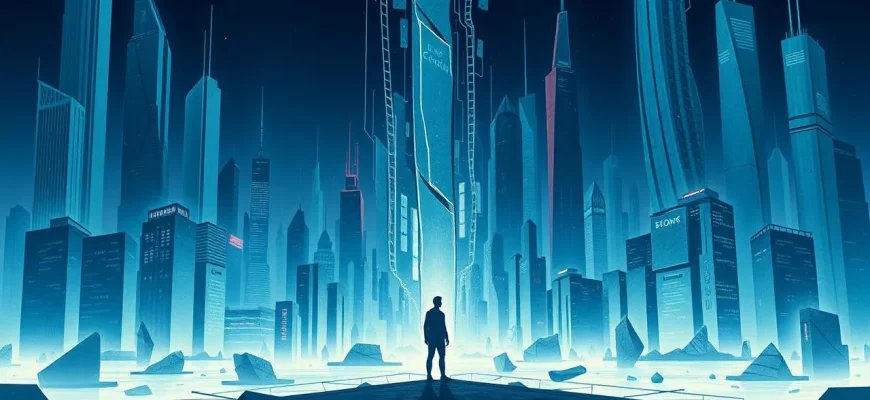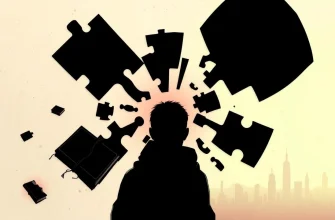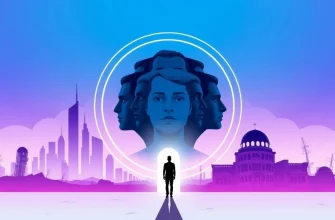Delving into the complex world of schizophrenia through the lens of science fiction offers a unique perspective on mental health. These films not only entertain but also provoke thought, challenge perceptions, and sometimes even provide a cathartic experience for those who have experienced or are curious about mental illness. Here's a curated list of 10 sci-fi movies that tackle the theme of schizophrenia in imaginative and often unsettling ways.

The Matrix (1999)
Description: While not directly about schizophrenia, the film's exploration of reality versus illusion, and the concept of being trapped in a simulated world, resonates with themes of mental health and perception.
Fact: The Wachowskis developed the concept for "The Matrix" after reading "Simulacra and Simulation" by Jean Baudrillard.
 Watch Now
Watch Now 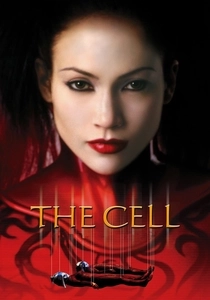
The Cell (2000)
Description: A psychologist enters the mind of a comatose serial killer to find his latest victim, encountering surreal and nightmarish landscapes that reflect the killer's schizophrenia.
Fact: The film's visual effects were groundbreaking at the time, earning it an Academy Award nomination.
 Watch Now
Watch Now 
Donnie Darko (2001)
Description: Donnie Darko's journey through time and reality is a complex narrative that touches on themes of mental illness, particularly schizophrenia, as he interacts with a mysterious figure in a rabbit costume.
Fact: The film gained a cult following after its initial lukewarm reception, with fans dissecting its intricate plot.
 Watch Now
Watch Now 
A Beautiful Mind (2001)
Description: This film, while not strictly sci-fi, delves into the mind of John Nash, a mathematical genius who battles with schizophrenia. The narrative blurs the lines between reality and delusion, making it a poignant exploration of the condition.
Fact: The film won four Academy Awards, including Best Picture and Best Director for Ron Howard.
 Watch Now
Watch Now 
K-PAX (2001)
Description: Prot, a patient claiming to be from the planet K-PAX, challenges the psychiatric community to determine if he's delusional or truly an alien, exploring themes of identity and mental health.
Fact: The film was based on a novel by Gene Brewer, which itself was inspired by a real-life patient.
 Watch Now
Watch Now 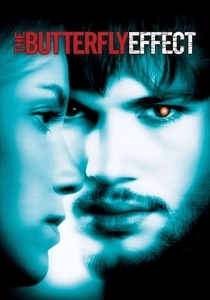
The Butterfly Effect (2004)
Description: Evan Treborn can travel back in time to his childhood, but each change he makes alters his present, often with disastrous results. His mental health deteriorates as he struggles with the consequences of his time-traveling, mirroring aspects of schizophrenia.
Fact: The film was originally rated NC-17 due to its graphic content but was edited down to an R rating.
 Watch Now
Watch Now 
The Machinist (2004)
Description: Trevor Reznik's insomnia leads to severe weight loss and hallucinations, exploring themes of guilt, paranoia, and mental disintegration akin to schizophrenia.
Fact: Christian Bale lost over 60 pounds for the role, showcasing his dedication to the character.
 Watch Now
Watch Now 
Shutter Island (2010)
Description: Teddy Daniels, a U.S. Marshal, investigates the disappearance of a patient from a psychiatric hospital, only to find his own sanity questioned. The film blurs the line between reality and delusion, a common theme in schizophrenia.
Fact: The film was based on the novel by Dennis Lehane, who also wrote "Mystic River."
 Watch Now
Watch Now 
The Signal (2014)
Description: A mysterious signal disrupts reality for three friends, leading to a surreal journey that touches on themes of perception, reality, and mental stability.
Fact: The film was shot in Georgia, with some scenes taking place in an abandoned hospital.
 Watch Now
Watch Now 
The Jacket (2005)
Description: Jack Starks, a Gulf War veteran, experiences time-travel-like episodes while confined in a mental institution, exploring themes of identity and mental health.
Fact: The film was shot in various locations including Scotland, despite being set in Vermont.
 30 Days Free
30 Days Free 
